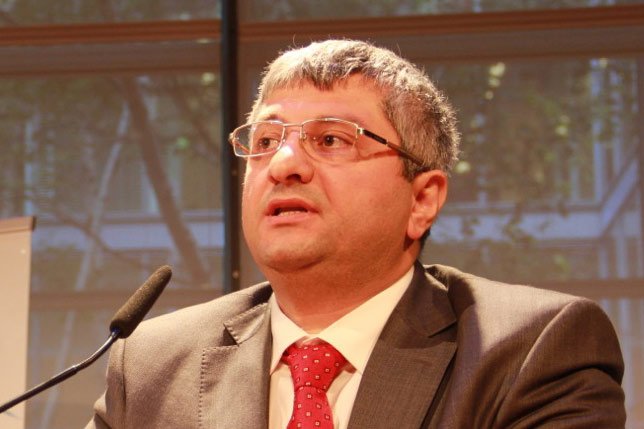Kemalo-Islamists versus civil society and Hizmet

Date posted: December 4, 2013
İHSAN YILMAZ
When summarizing the recent Cabinet meeting to correspondents, the speaker of the Cabinet, Bülent Arınç, referred to a religious concept, “fitnah” (sedition). He was implying that the Hizmet movement was engaged in an illegitimate psychological media campaign against his government.
He even a recited a hadith of the Prophet Muhammad (pbuh) on fitnah and added that his elders know these issues better, implicitly referring to Fethullah Gülen and calling him out as the master of the fitnah campaign. The issue he was talking about was Prime Minister Recep Tayyip Erdoğan’s government decision to close private schools and tutorial centers (dershanes). The Justice and Development Party (AKP) leaders seem to have a problem with the plurality of viewpoints, independent civil society and lawful protests. Erdoğan’s harsh reactions to the Gezi protests is one case in point, and now the government is presenting a similar attitude to the Hizmet movement. But now, I believe, from a pluralistic liberal democratic perspective, they are in a much more problematic situation.
First, let me start with the crux of the matter on the dershane debate. Millions of students are taking several exams each year to be placed in very few schools and universities. For instance, it is true that out of the 1.5 million students who take the university entrance exam, maybe half of them are eligible to be placed in universities. But, most of these places are at distance learning institutions and only about 50,000 are actually at quality institutions that would guarantee a good job. In most state high schools there are not enough teachers and, particularly in rural and suburban areas, students do not get a good education. Moreover, the entrance exams are based on multiple choice questions that require different skills and these skills are not taught at schools. Thus, the parents and students have resorted to dershanes to fill all these gaps.
I was one of them. I was educated in a low quality high school and our class had about 60-70 students. Our math teacher was rarely available. If I had not attended a dershane, I would only have gotten a spot at a low-quality university — not the top school, Boğaziçi University, where I met many students from eastern Anatolia who could not have entered the university without a dershane education. Instead of solving the problems in Eastern Anatolia that pave the way for needing dershanes, the government wants to impose a ban on dershanes. Yes, they keep claiming that they are not closing them but transforming them into private high schools, but these two have completely different functions. And, while attending a dershane for one year and paying only $1,000 is enough, one needs to go to a private high school for four years and pay about $10,000 every year. And these schools do not have the function of dershanes. What is more, the state does not have a right to close down legally functioning private enterprises.
These are the arguments staunchly raised by millions of people and media organizations that are closed to the Hizmet movement and by owners of almost all dershanes, of which only about 20 percent, according to government leaders, are owned by businessman who are affiliated with the Hizmet. None of the arguments raised by the Hizmet media have been denied by the government. In other words, these media organs never published any lies, any insult, any personal attack or any swear words. They have only reminded the government of the universal and democratic legal standards, made arguments against banning the dershanes, etc., in a very civilized manner. Even though it is their democratic right, Hizmet volunteers do not pour onto the streets to demonstrate, but they have been very politely protesting on Twitter. Despite all this, they have been accused of fitnah. This shows that the Kemalo-Islamists are hostile to civil society, dissent and the plurality of viewpoints. Being Islamists, they believe that they are the sole leaders and spokespersons of practicing Muslims and they deserve absolute loyalty. This is the main reason why they have a problem with the Hizmet movement, which is not affiliated with any party or government and is totally independent, relying on only civilian volunteers.
Source: Today's Zaman , December 4, 2013
Tags: Fethullah Gulen | Hizmet (Gulen) movement | Hizmet and politics | Turkey |
























